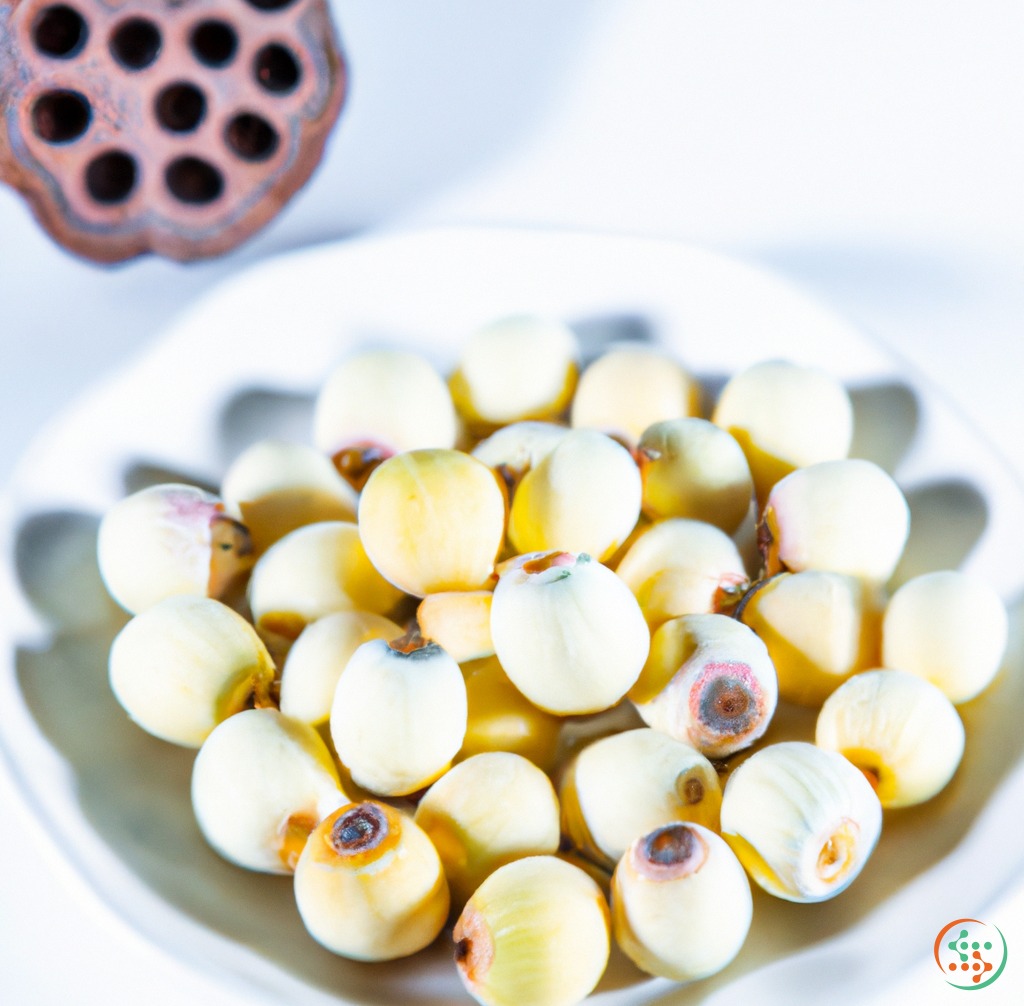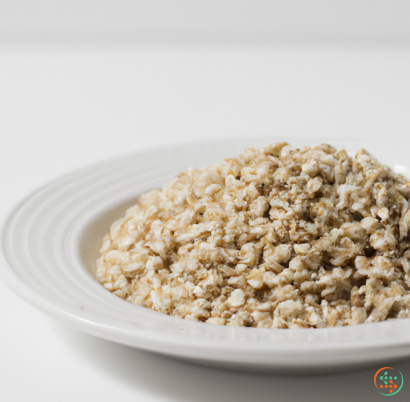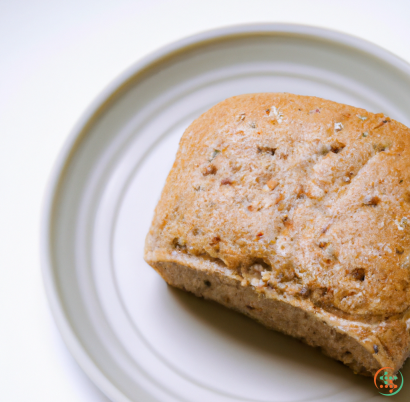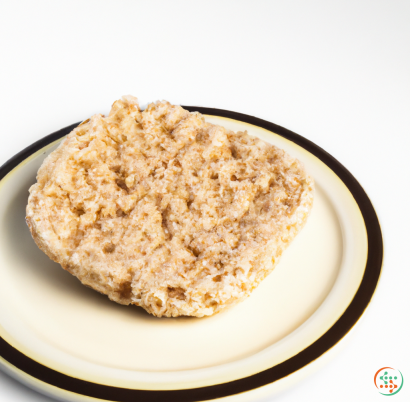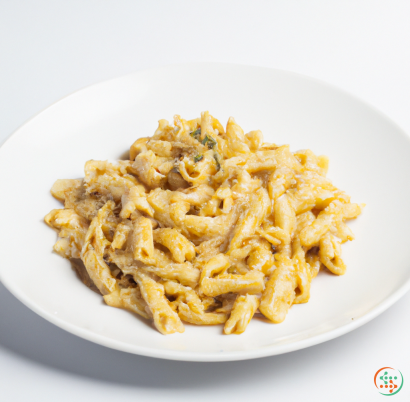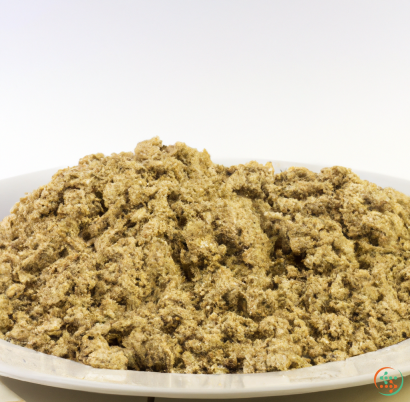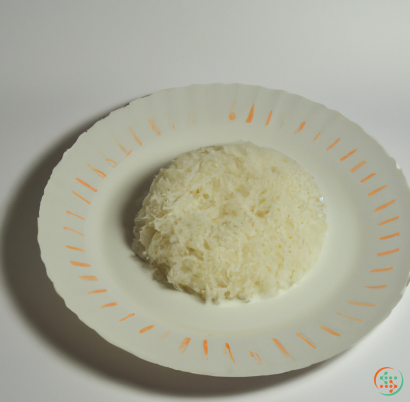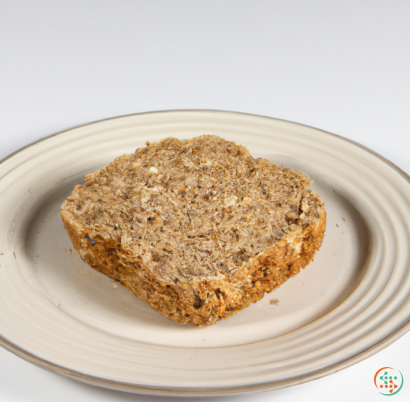Lotus Seeds
The Lotus seed is a small and unassuming, yet powerful and symbolic seed. While the lotus is best known for its delicate and striking beauty, the lotus seed has some surprising beneficial properties and has been used for centuries in Ayurveda, traditional Chinese medicine, and throughout the ancient world.
The lotus is a symbol of purity, regeneration, and enlightenment. Native to the Indian subcontinent and other parts of Asia, the lotus flower is a symbol of beauty and grace that is often associated with the gods and goddesses of Hinduism. The lotus symbolizes rebirth and spiritual growth, while the blooming lotus flower represents spiritual awakening and enlightenment.
But, the seeds of the lotus have been revered for much longer by many cultures around the world. The ancient Egyptians associated them with rebirth and immortality. In India, the lotus is associated with Lakshmi, the goddess of fortune, and it is considered to be a symbol of abundance and fertility. In China, the lotus is often seen as a symbol of purity and perfection.
The lotus seed, also known as the Nelumbo nucifera, is a rich source of vitamins, minerals, amino acids, antioxidants, and other compounds. It is believed that these compounds can help to promote good health and help to combat various diseases. One of the most beneficial compounds found in the lotus seed is the antioxidant lycopene, which can help to reduce oxidative stress and preserve overall health.
The lotus seed is also rich in high-quality protein, which helps to build muscle and assist the body’s natural healing processes. The essential fatty acids, such as omega-3s, found in the lotus seed can also help to regulate blood cholesterol, reduce inflammation, and support heart health. These seeds are also a great source of dietary fiber, which helps to maintain gut health, regulate blood sugar levels, and maintain healthy weight.
The Lotu seeds have long been used in traditional medicines. In Ayurvedic medicine, the lotus seeds are simmered with milk and spices and then used as a remedy for colds, fevers, and headaches. In traditional Chinese medicine, the lotus seeds are boiled and consumed as a tonic to help reduce fatigue, improve vitality, and combat insomnia.
Lotus seeds can also be ground into paste or powder and consumed orally. This can be used to help combat dry skin and improve hair growth. Ground lotus seed powder can also be used to treat digestive disorders like stomachaches, indigestion, constipation, and diarrhea. In addition to being a great source of vitamins, minerals, and proteins, the lotus seed is believed to help relieve stress and anxiety.
Overall, the lotus seed is an impressive seed that offers a variety of health benefits. It is a symbol of purity and regeneration that has been used for centuries in some of the oldest medical traditions of the world. The lotus seed is packed with essential vitamins, minerals, proteins, and essential fatty acids that help to support the body’s natural healing processes. The lotus seed can also be used topically to help treat dry skin and can be consumed orally to help combat digestive issues and reduce stress and anxiety. The lotus seed is truly a powerful seed that deserves its reputation.
From the depths of a lotus pond, to a dinner plate, the journey of a lotus seed is one that is full of complexity and wonder. Beyond being a beautiful aquatic plant, the lotus has long been revered in many cultures across the world for its medicinal, culinary and symbolic importance. In order to truly understand the journey of a lotus seed, it is important to understand how they are created and the various stages they travel through before they make their way to a dinner plate.
The life cycle of a lotus begins with the seed, which carries with it the genetic information needed for the plant to reproduce and thrive in it’s natural environment. Lotus seeds are formed within the plant’s hard, woody seed pods, which are located on the bottom of the swelled leaves and flowers . Inside these pods, the seeds are initially housed in a rubbery, black seed coat, which protects them from environmental damage and predators.
Once the pod reaches maturity, it is ready to shed its seeds. When the pod dries, it cracks open and the seeds float away, sometimes travelling hundreds of miles away from its original environment. However, these seeds are unable to grow into mature plants due to the lack of adequate water and soil; the seed capsule has the unique ability to remain dormant in the worst of conditions until it reaches the perfect location to begin growth.
The seed will drift until it finds a shallow body of water, typically a lotus pond or lake, where its outer layer can absorb the moisture it needs to start the germination process. When the seed enters the water, its outer layer begins to soften, revealing the soft, white interior of the seed within. This interior is full of starch, proteins and minerals needed for the plant to begin its transformation from a small seed to a large flower.
Once moisture is absorbed, the inner layers of the seed expand until the seed splits open, revealing the embryonic root and shoot. The shoot begins to sprout from the top of the embryonic root, while the root forms a thin, transparent sheath around it, allowing the new lotus plant to stay anchored to the ground until the leaves spread outwards.
As the roots and shoots continue to grow, they need access to adequate sunlight, oxygen and nutrition in order to sustain their growth. To get these resources, the plant sends up long stems to the surface of the water. Initially, these stems are covered in waxy appendages, which protect the plant from predators and also help it to float upright in the water. The stems grow until they reach the surface, where they are exposed to direct sunlight, allowing the plant to feed from minerals dissolved in the water around it.
The stems eventually bloom into beautiful lotus flowers, which range in color from white to pink to purple. These flowers rise above the surface of the water, offering a stunning view to those who are lucky enough to observe them. While the blooms of the lotus flower are beautiful, they play an essential role in the reproduction of the plant, offering a means of pollination. Pollinators, like bees and butterflies, flock to the petals of the flower, transferring pollen from one flower to another.
As the flowers die, they become replaced by seed pods, similar to the one the lotus plant was created in. The pods eventually mature and burst open, releasing the lotus seeds that will be transported to their next destination, whether it be a dinner plate or a lotus pond hundreds of miles away.
Though the journey of a lotus seed is complex and lengthy, it is full of beauty and wonder. Not only does the journey of a lotus seed allow the plant to produce more of its kind, it is also integral in the production of a variety of delicious dishes, both savory and sweet. From stir-frys to smoothies to desserts, lotus seeds provide a unique flavor and texture to a variety of dishes.
To prepare lotus seeds for cooking, you must first remove their outer layer by simmering them in water for 30 minutes. The outer layer will then come off easily, revealing the soft, starchy, white kernel inside. This kernel can then be boiled, steamed, stir-fried or roasted, making it the perfect addition to a variety of dishes.
One of the most popular dishes that lotus seeds are used in is Chinese sweet and sour soup (or tangyuan). This dish is made with lightly fried lotus seeds that are then cooked in a sweet and sour broth, along with various vegetables and proteins. The lotus seeds soak up the flavors of the broth, becoming soft, creamy and flavorful.
The long and wondrous journey of lotus seeds comes to an end when they find their way to a dinner plate, where they can be transformed into a variety of delicious dishes. Not only do they offer flavor and texture, they also offer a beautiful, mystical image of the lotus pond from which they first took root.
For those who wish to venture into the depths of a lotus pond in search of these magical seed pods, it is important to remember that the lotus plant is a protected species in many parts of the world, and should only be handled with care and respect. With the proper knowledge and appreciation, you too can experience the beauty and wonder the lotus journey brings, from the depths of its pond to a dinner plate.
| Vitamin A | 0.001 mg | |
| Vitamin B1 | 0.17 mg | |
| Vitamin B2 | 0.04 mg | |
| Vitamin B3 | 0.43 mg | |
| Vitamin B5 | 0.23 mg | |
| Vitamin B6 | 0.17 mg | |
| Vitamin B9 | 0.028 mg |
| Calcium | 0.044 grams |
Daily Value 1.3 g
|
| Iron | 0.95 mg |
Daily Value 0.018 g
|
| Magnesium | 0.056 grams |
Daily Value 0.4 g
|
| Phosphorus | 0.168 grams |
Daily Value 1.25 g
|
| Potassium | 0.367 grams |
Daily Value 4.7 g
|
| Sodium | 0.001 grams |
Daily Value 2.3 g
|
| Zinc | 0.28 mg |
Daily Value 0.011 g
|
| Copper | 0.09 mg |
Daily Value 0.9 mg
|
| Manganese | 0.62 mg |
Daily Value 0.0023 g
|
| Tryptophan | 0.059 grams | |
| Threonine | 0.2 grams | |
| Isoleucine | 0.205 grams | |
| Leucine | 0.326 grams | |
| Lysine | 0.264 grams | |
| Methionine | 0.072 grams | |
| Cystine | 0.054 grams | |
| Phenylalanine | 0.206 grams | |
| Tyrosine | 0.1 grams | |
| Valine | 0.266 grams | |
| Arginine | 0.338 grams | |
| Histidine | 0.115 grams | |
| Alanine | 0.239 grams | |
| Aspartic Acid | 0.505 grams | |
| Glutamic Acid | 0.957 grams | |
| Glycine | 0.221 grams | |
| Proline | 0.344 grams | |
| Serine | 0.252 grams |
| Total Sugars | 0.131141 grams |
per 100g
|
| Palmitic acid (16:0) | 0.08 grams |
|
| Total Saturated fatty acids: | 0.08 g | |
| Erucic acid (22:1) | 0.03 grams |
|
| Oleic acid (18:1) | 0.06 grams |
|
| Gadoleic acid (20:1) | 0.01 grams |
|
| Total Monounsaturated fatty acids: | 0.1 g | |
| Linolenic acid (18:3) | 0.03 grams |
|
| Linoleic acid (18:2) | 0.29 grams |
|
| Total Polyunsaturated fatty acids: | 0.32 g | |
